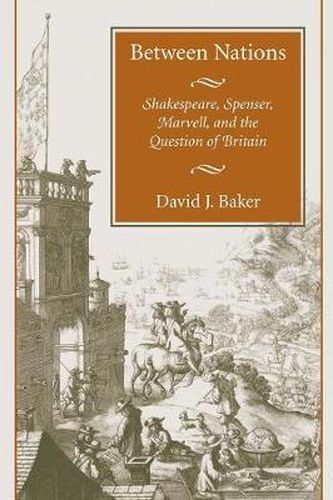Readings Newsletter
Become a Readings Member to make your shopping experience even easier.
Sign in or sign up for free!
You’re not far away from qualifying for FREE standard shipping within Australia
You’ve qualified for FREE standard shipping within Australia
The cart is loading…






Fusing historiography with literary criticism, Between Nations produces an array of unexpected readings of early modern texts. Starting from the premise that England has never been able to emerge or define itself in isolation from its neighbours on the British Isles, the book places Renaissance England and its literature at a meeting of English, Irish, Scottish and Welsh histories. It ranges from the late sixteenth through the late seventeenth centuries and deals with the reigns of three monarchs and one regicide those of Elizabeth I, James I, Charles II, and Oliver Cromwell. However, it shifts the domain they ruled from the customary center into interactions between England and the other British polities. The author argues that England was able to develop into what we call a nation only in and by means of its relations with the other proto-nations that often it was also suppressing.
$9.00 standard shipping within Australia
FREE standard shipping within Australia for orders over $100.00
Express & International shipping calculated at checkout
Stock availability can be subject to change without notice. We recommend calling the shop or contacting our online team to check availability of low stock items. Please see our Shopping Online page for more details.
Fusing historiography with literary criticism, Between Nations produces an array of unexpected readings of early modern texts. Starting from the premise that England has never been able to emerge or define itself in isolation from its neighbours on the British Isles, the book places Renaissance England and its literature at a meeting of English, Irish, Scottish and Welsh histories. It ranges from the late sixteenth through the late seventeenth centuries and deals with the reigns of three monarchs and one regicide those of Elizabeth I, James I, Charles II, and Oliver Cromwell. However, it shifts the domain they ruled from the customary center into interactions between England and the other British polities. The author argues that England was able to develop into what we call a nation only in and by means of its relations with the other proto-nations that often it was also suppressing.